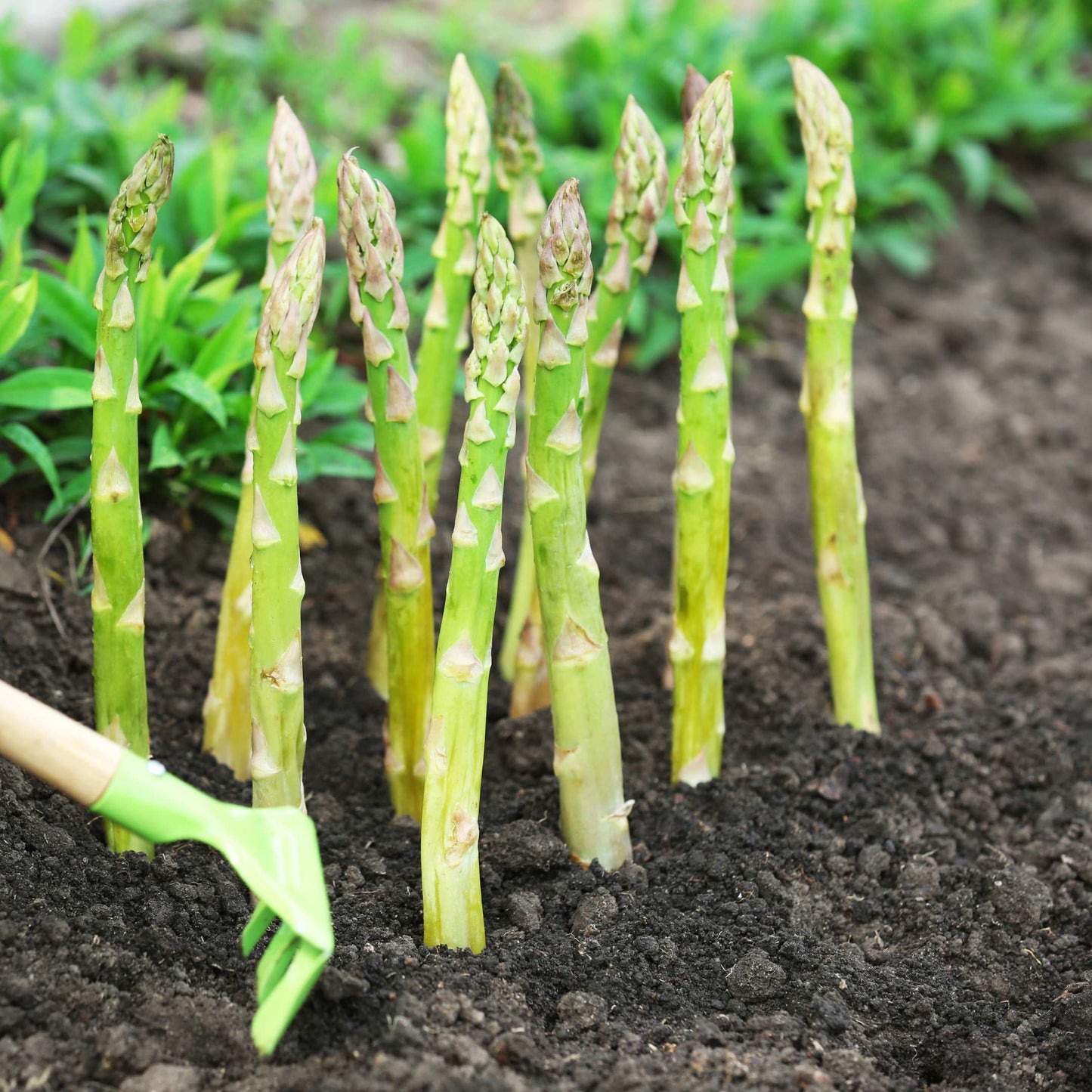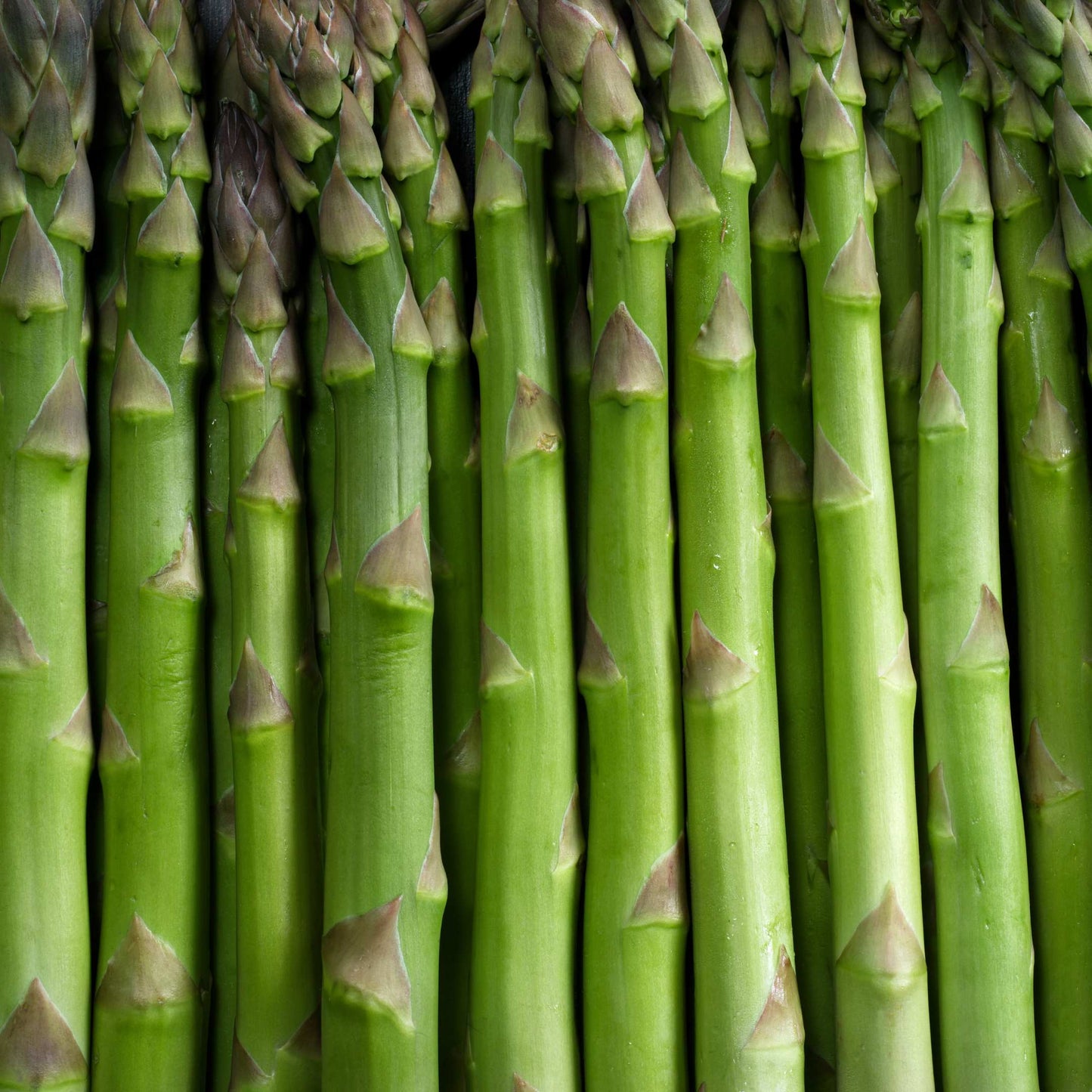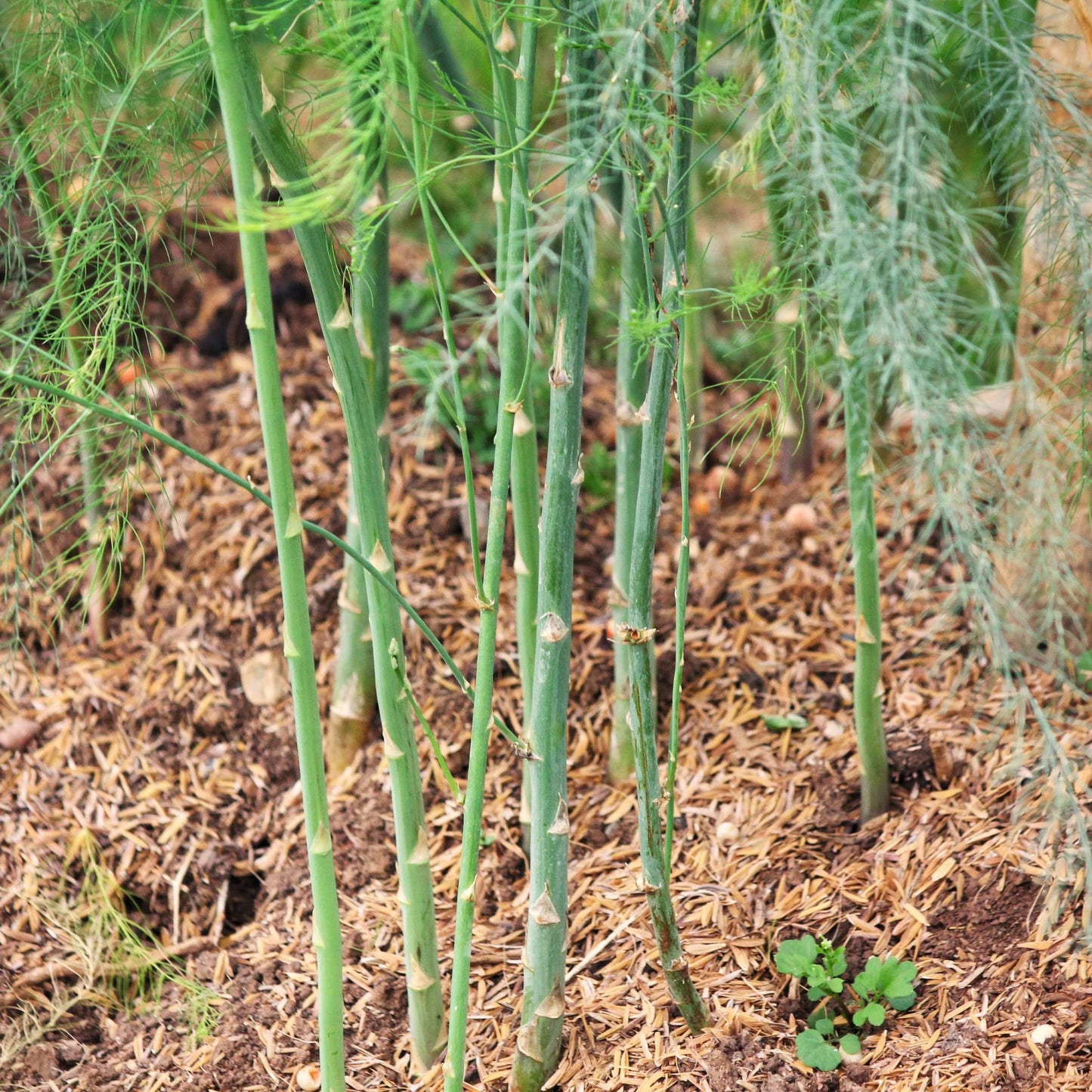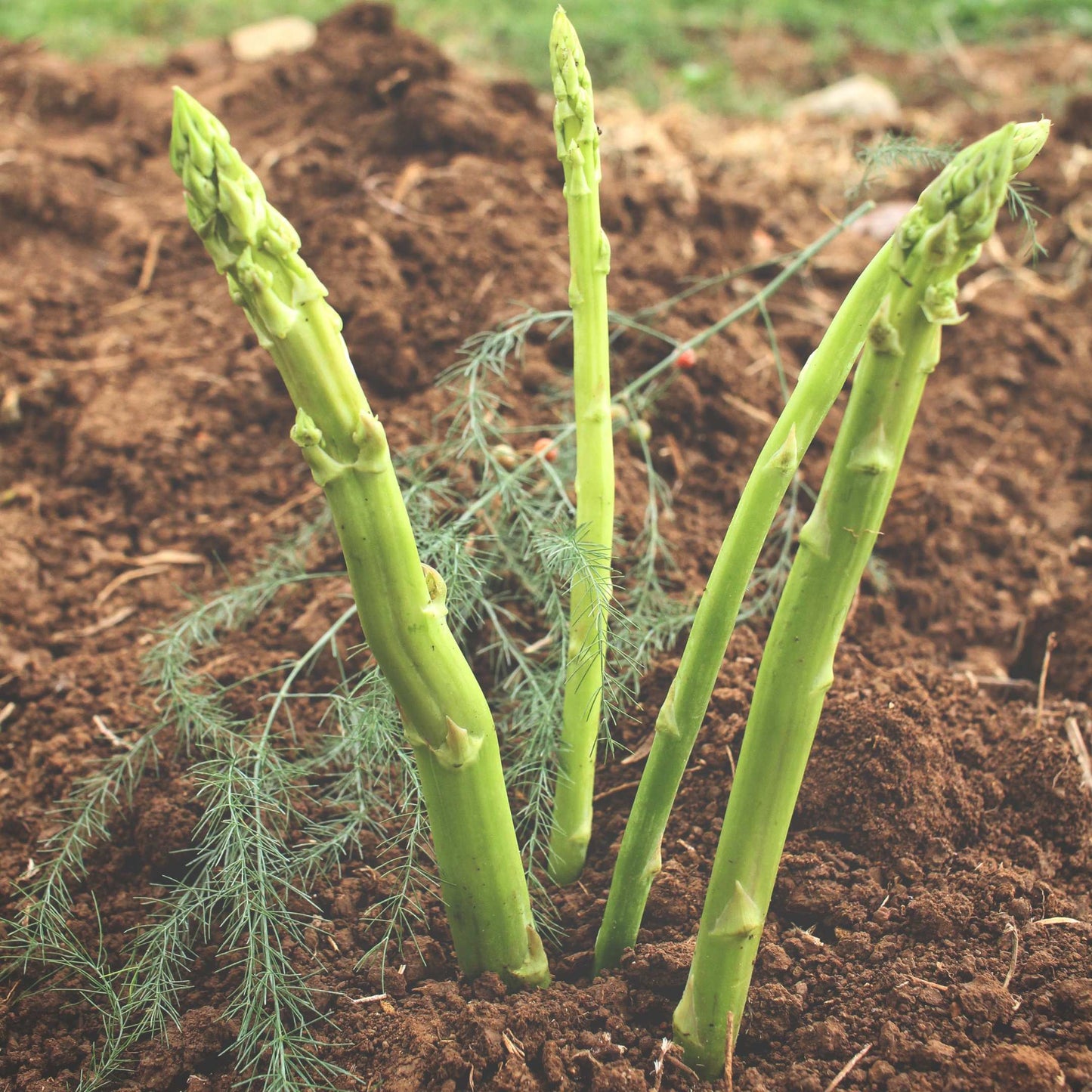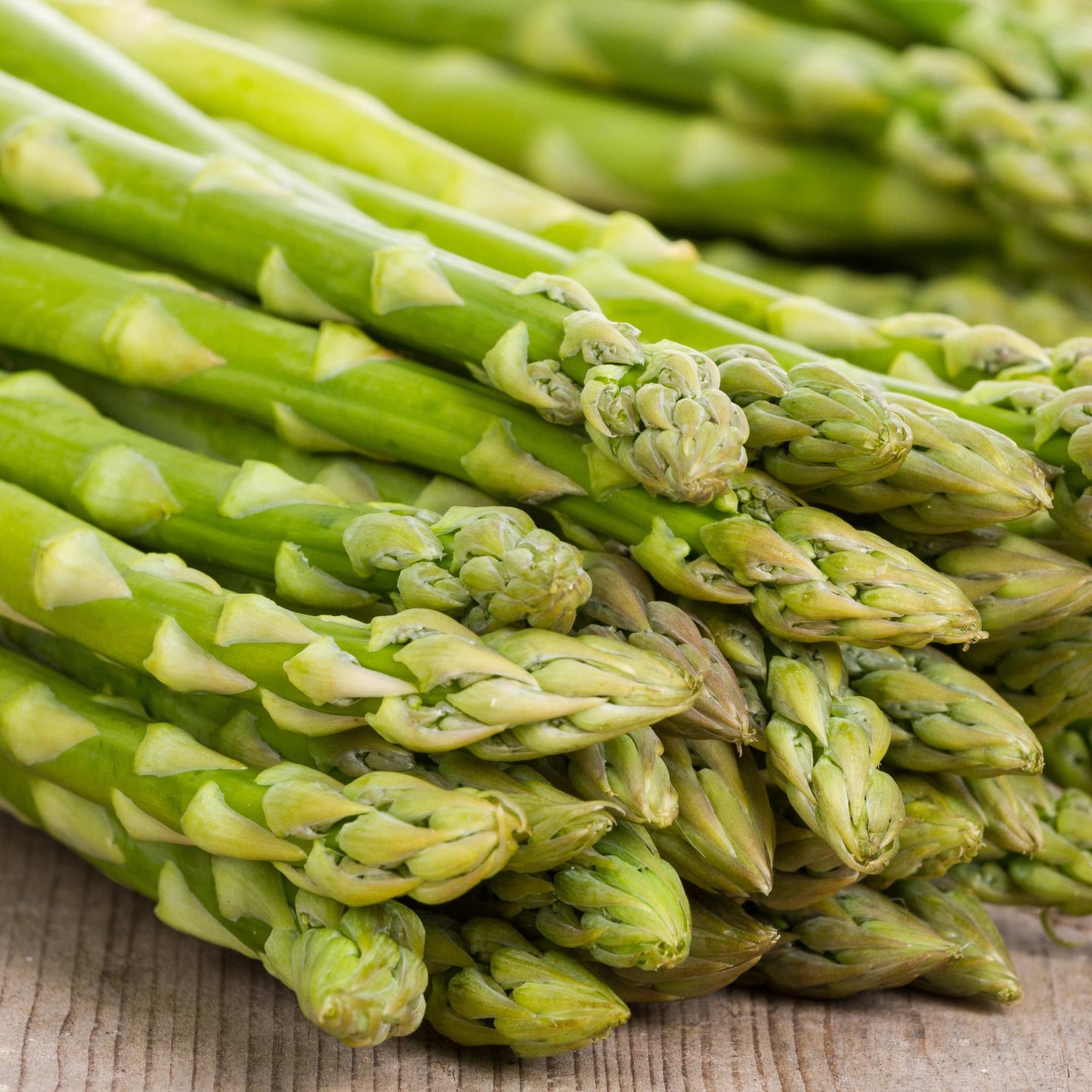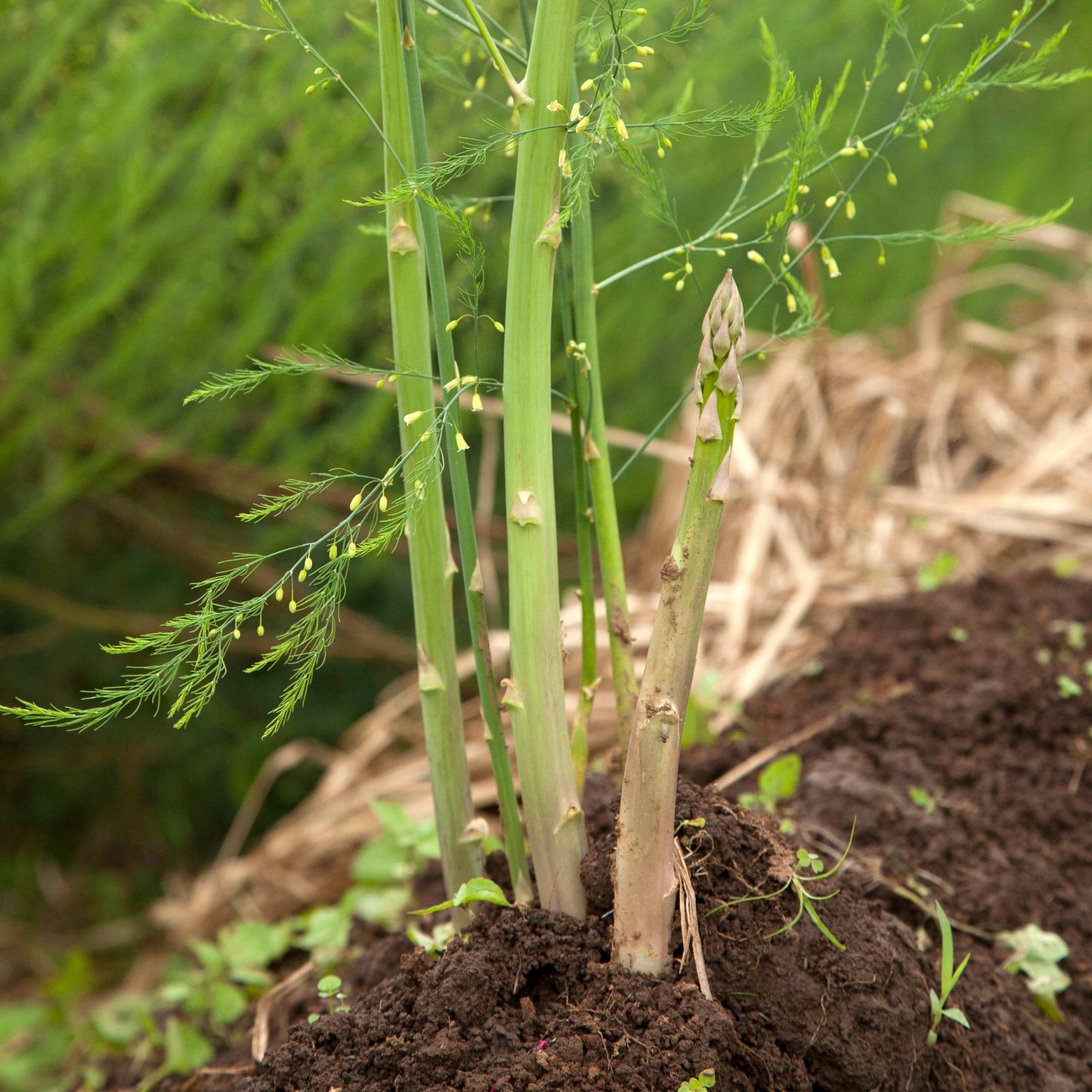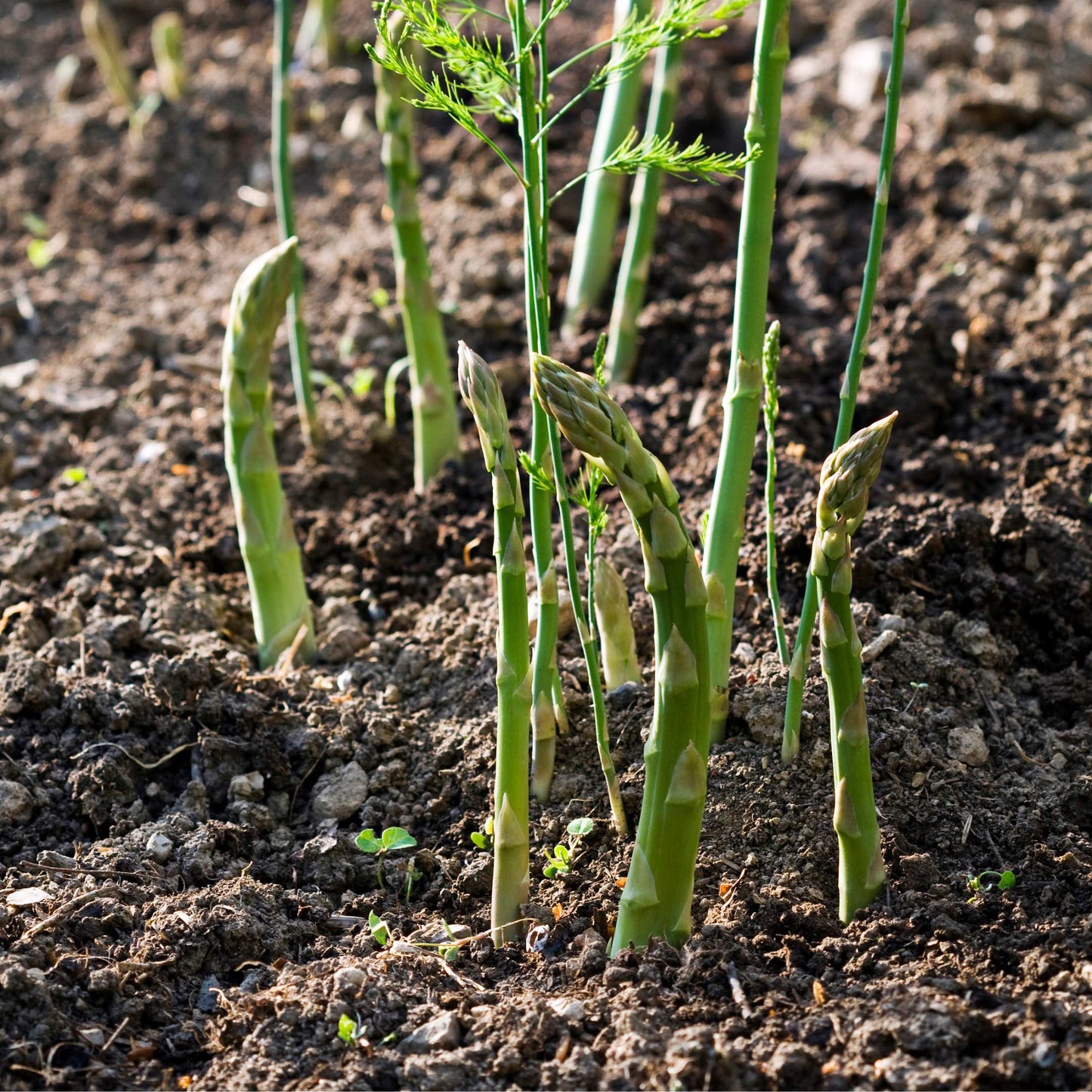We clean up after ourselves.
Ecommerce deliveries have a carbon footprint. That's why we support verified projects that remove carbon from the air.



Every delivery’s carbon footprint is calculated based on weight, shipping method, and distance traveled. We neutralize these emissions by purchasing verified carbon removal credits from groundbreaking projects.



With your purchase, you’ll join a community of proactive merchants and customers dedicated to a sustainable future. Together, we've removed emissions for over 66 million deliveries and removed over 47 thousand tonnes of carbon.

We work with a network of pioneering carbon removal companies that have been vetted by the commerce platform Shopify.

Passion For Plantation
100Pcs Organic Asparagus Plant Seeds
100Pcs Organic Asparagus Plant Seeds
Couldn't load pickup availability
Grow your own delicious and nutritious asparagus right in your garden with our premium Asparagus Plant Seeds (Asparagus officinalis). Asparagus is a perennial vegetable known for its tender spears and unique flavor, making it a favorite among home gardeners and chefs alike. This hardy plant not only provides a bountiful harvest year after year but also adds a touch of elegance to your garden with its feathery foliage. Ideal for both novice and experienced gardeners, our high-quality asparagus seeds promise robust plants and a rewarding gardening experience.
Key Features:
- Nutritious Vegetable: Rich in vitamins A, C, and K, fiber, and antioxidants, making it a healthy addition to your diet.
- Perennial Harvest: Provides a continuous harvest of tender spears for many years once established.
- Hardy Plant: Thrives in a variety of climates and is resistant to many common pests and diseases.
- Ornamental Value: Feathery, fern-like foliage adds beauty and texture to your garden.
- Versatile Culinary Uses: Perfect for grilling, steaming, roasting, and incorporating into a variety of dishes.
Planting Instructions:
-
Seed Preparation: For better germination rates, soak seeds in warm water for 24 hours before planting.
-
Timing: Start seeds indoors 10-12 weeks before the last expected frost. Asparagus can also be sown directly into the garden after the last frost date in spring.
-
Soil Preparation: Choose a location with well-draining soil rich in organic matter. Asparagus prefers slightly acidic to neutral soil (pH 6.5-7.5). Incorporate compost or well-rotted manure into the soil to improve fertility.
-
Sowing Depth: Sow seeds 1/2 inch deep in seed trays or pots filled with a seed-starting mix. Keep the soil moist but not waterlogged.
Growing Conditions:
- Light: Prefers full sun but can tolerate partial shade. Ensure the planting site receives at least 6-8 hours of direct sunlight daily.
- Temperature: Optimal germination occurs at soil temperatures of 70-85°F (21-29°C). Asparagus is hardy in USDA zones 3-8.
- Watering: Keep the soil consistently moist, especially during the germination period and the first growing season. Avoid overwatering to prevent root rot.
Care Tips:
- Watering: Maintain consistent moisture, particularly during dry periods. Mulch around the base of the plants to retain soil moisture and regulate temperature.
- Fertilizing: Apply a balanced fertilizer in early spring and again in mid-summer. Asparagus is a heavy feeder, so regular fertilization is essential for robust growth and abundant harvests.
- Weeding: Keep the planting area free of weeds, which can compete with asparagus for nutrients and water. Mulching helps suppress weed growth.
- Pruning: Cut back the fern-like foliage in late fall after it has turned yellow. This helps prevent diseases and prepares the bed for the next growing season.
- Harvesting: Do not harvest spears in the first two years to allow the plants to establish a strong root system. In the third year, harvest spears when they are 6-8 inches tall by cutting them at the soil surface.
Pest and Disease Management:
- Pests: Common pests include asparagus beetles and aphids. Hand-pick beetles or use insecticidal soap to manage infestations.
- Diseases: Asparagus is generally disease-resistant, but it can be susceptible to rust and fusarium wilt. Ensure good air circulation and avoid overcrowding plants to prevent fungal diseases
